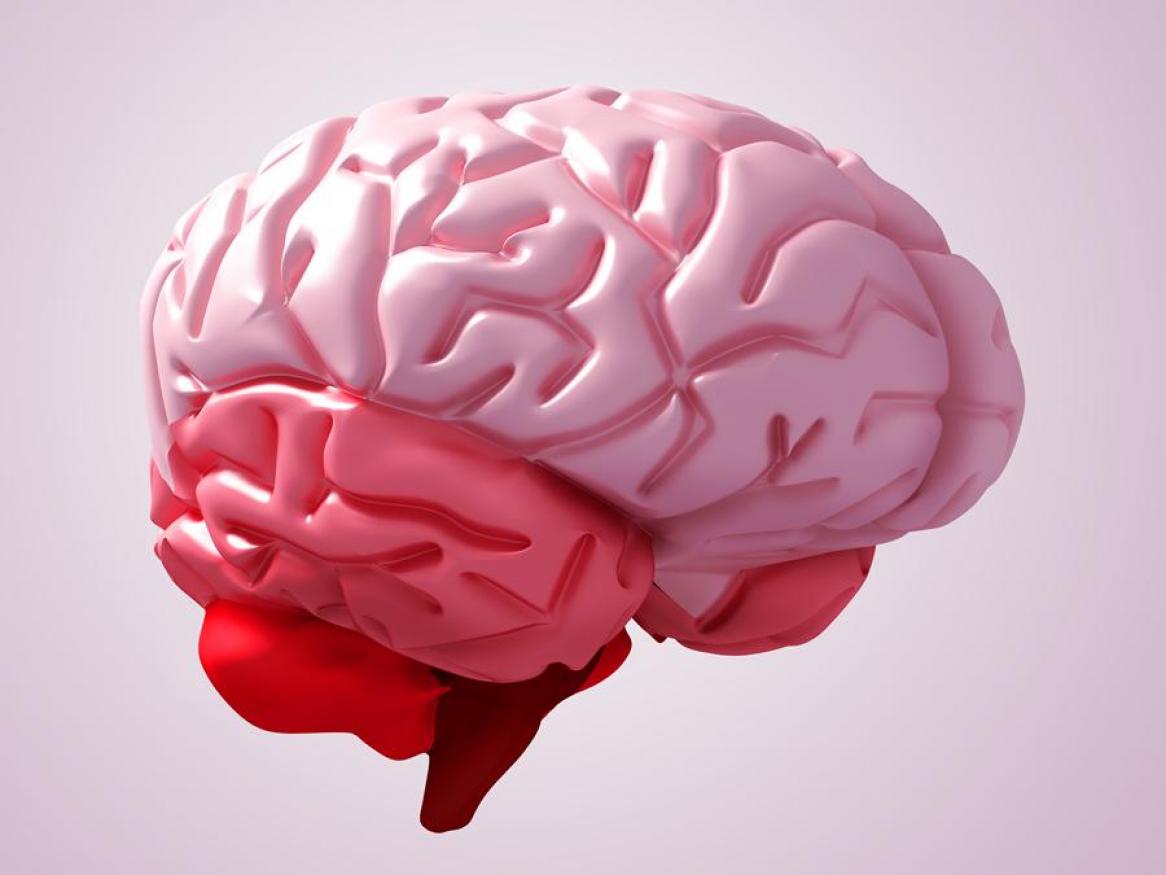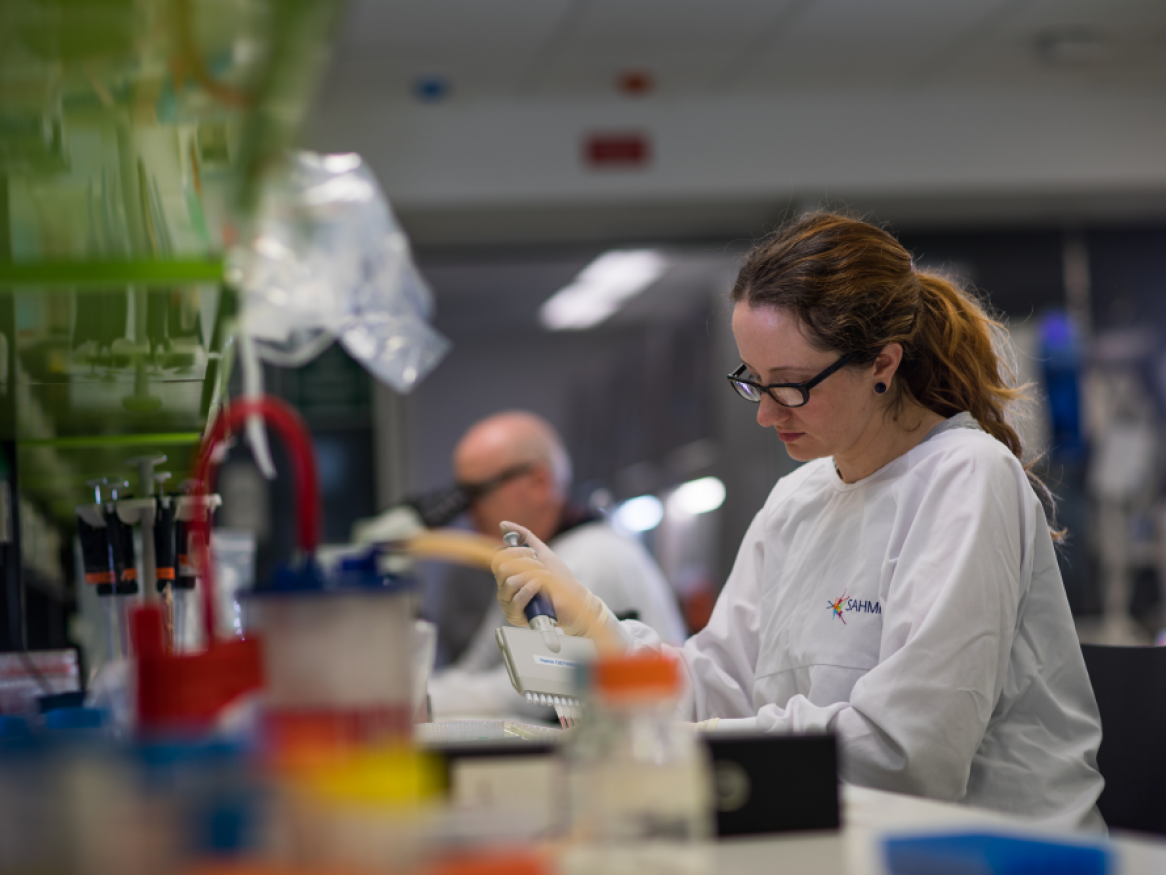Vagal Afferent Research Group
We are making major contributions to an understanding of gastric vagal afferent innervation and how it effects health and disease, particularly obesity.
Obesity is resistant to behavioural intervention and, to date, pharmacological approaches have had limited efficacy or unacceptable adverse effects. It is increasingly appreciated that the stomach plays an important role in appetite regulation. The stomach is targeted, for example, in bariatric surgery and in gastric vagal electrical stimulation to treat obesity.
Vagal afferents are an important neuronal component of the gut–brain axis allowing information flow from the viscera to the central nervous system. Understanding vagal afferent signalling mechanisms is essential before we can establish more effective pharmacotherapies or lifestyle strategies for the treatment of obesity and other diseases.
The Vagal Afferent Research Group’s research projects include the study of: phenotypic specialisation of vagal sensory endings, G protein-coupled receptors (GPCRs) as modulators of gastro-oesophageal vagal afferent activity, and the role of vagal afferents in food intake.
We have developed a classification of vagal sensory endings, and this nomenclature has been adopted worldwide and extended to other regions of the gut.
Using pharmacological approaches, we have also demonstrated that gamma-aminobutyrate (GABAB) receptor agonists inhibit peripheral gastro-oesophageal vagal afferent endings and thus GABAB receptors are a potential target for gastro-oesophageal reflux disease. As a result of this work, GPCR modulation is now a major clinical target for many diseases.
Finally, we have used innovative approaches to demonstrate that satiety signals originating in the stomach can be modulated by appetite hormones including leptin and ghrelin.
Together, these studies have highlighted the importance of the stomach in the regulation of food intake, the complex interplay between appetite hormones and vagal afferent activity, and the changes that occur in high fat diet-induced obesity.
Interested in a postgraduate research degree?
We offer exciting opportunities for researchers at the honours, masters and PhD levels. Our research degrees are open to students from a broad range of backgrounds, and range from basic sciences to clinical research. If you are interested in human health, consider furthering your research career with us.




